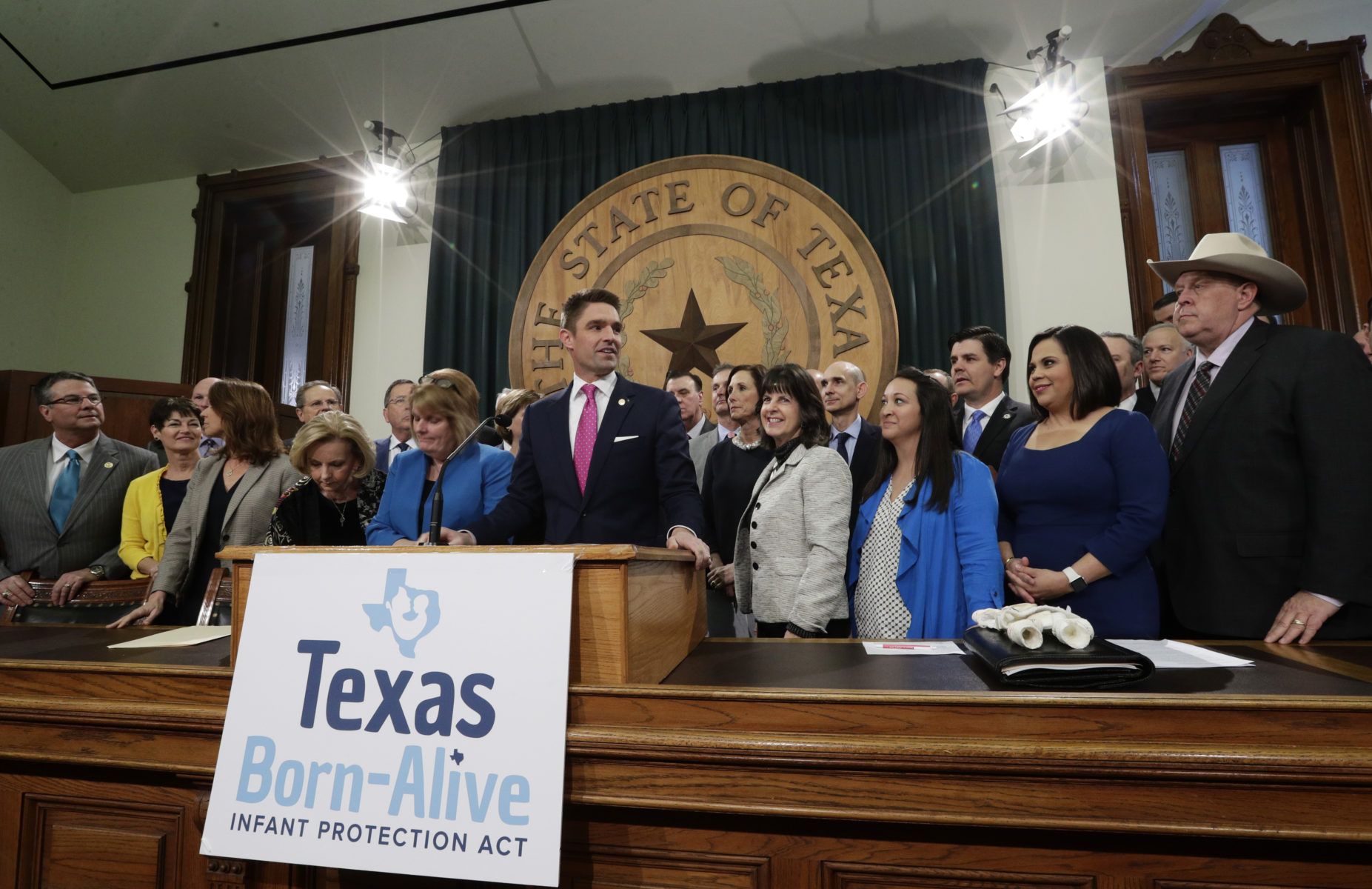
This week, a Texas bill took effect that bans physicians from performing or inducing an abortion if a fetal heartbeat can be detected, something that typically occurs about six weeks after conception. There is an exception for medical emergencies, but no exceptions for women who have been raped or are victims of incest.
Most women don’t know they are pregnant within the first six weeks, so the law is being interpreted as a near universal ban on abortions in the state. The bill allows citizens to take legal action against individuals who perform or facilitate abortions in violation of the fetal heartbeat prohibition and rewards them at least $10,000 if they are successful.
Abortion rights advocates attempted to stop the new law from taking effect based on the 1973 Roe v Wade ruling, but the court voted 5-4 on Wednesday night that it would not take up the issue, allowing the bill to remain in effect. Given the legal victory so far, it’s likely that many Republican-controlled states will copy Texas and enact similar laws in the coming weeks and months.
The “Texas Heartbeat Bill” has been around in the Texas legislature since February 2019, when Rep. Broscoe Cain and four co-authors first introduced it. The version signed into law by Gov. Greg Abbott was introduced, SB 8, was introduced in March by Sen. Bryan Hughes with 17 Senate co-authors and five House co-authors.
Sludge reviewed the campaign contributions that the 22 Republican co-authors of the heartbeat bill have received and found that telecom and media giant AT&T has been by far the largest corporate donor to the group. AT&T’s Texas PAC has given more than $570,000 to the co-authors, including many donations that were made after the bill had been proposed.
Rep. Briscoe Cain, the originator of the bill, has received $3,500 from AT&T’s PAC, $3,000 of which was received after he first proposed the bill. Sen. Hughes, the primary author of the version that became law, has received more than $50,000 from the company.
Here are the top 10 corporate donors to the heartbeat bill’s co-authors over the course of their careers, according to Texas Ethics Commission data compiled by OpenSecrets and analyzed by Sludge.
